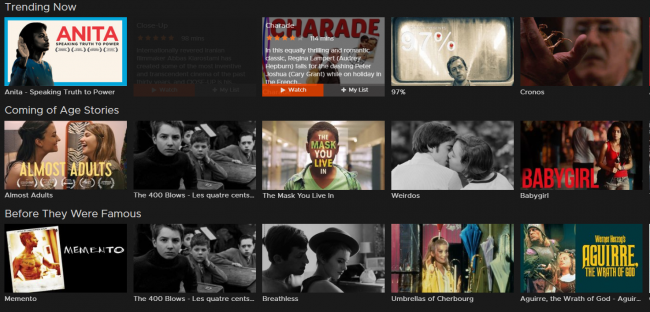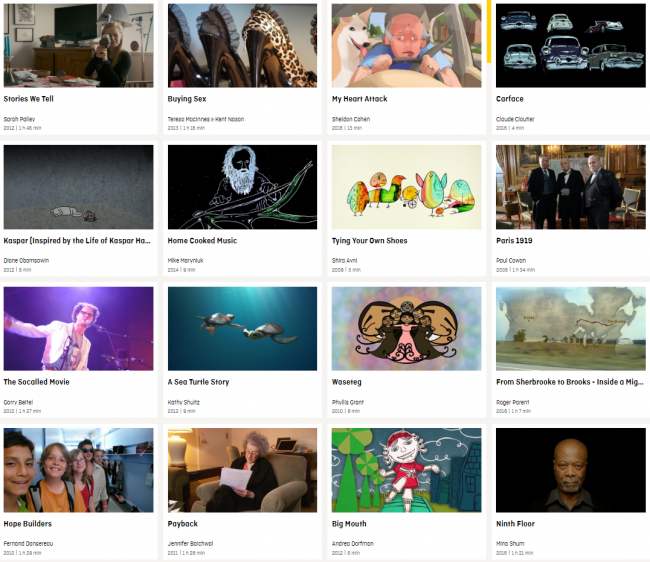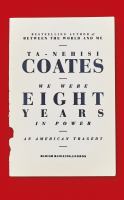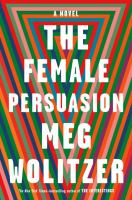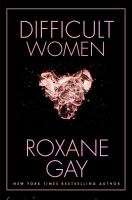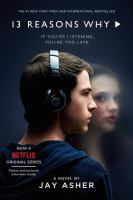The Toronto Metropolitan University Library and Archives (RULA) is pleased to announce its 2018/19 RULA Open Educational Resources (OER) Grants to encourage the creation and adoption of open educational resources. OER are learning materials that are openly licensed such that they are freely available to be adapted, copied, and shared. OER can be: courses, modules, textbooks, multimedia, assessments, and supplementary materials.
These grants advance the University’s priorities to foster an innovation ecosystem and ensure excellence in student learning experiences, and build on RULA’s digital initiatives, expertise in Open Access and Open Education Resource publishing and dissemination, and academic priorities of access and openness. The Library and Archives is very pleased to collaborate with the Office of eLearning and the Learning and Teaching Office in the review and adjudication of the grants, and in the support of successful projects. A total of $35,000 is available in two categories of grants:
Category 1 – Creation or Adaptation
- 3 grants for creation or adaptation of an OER textbook or ancillary materials and its subsequent use in class- $10,000 each.
Category 2 – Review and Adoption
- 5 grants for peer review and adoption of OER, or creation of small-scale supplementary/ ancillary material for an existing OER – $1,000 each.
Objectives of the Grant Program
- To support faculty members in the review, revision and adoption of open textbooks and other OER materials
- To increase the use of open educational content, textbooks and OER at Toronto Metropolitan University resulting in pedagogical innovation, enhanced access for students, and reduced textbook and class material costs.
Eligibility
All TFA and CUPE Faculty members, Librarians and Post-Doctoral fellows, may apply for these grants.
Evaluation Criteria
Proposals will be evaluated based on the following criteria:
- Curation and customization of OER that will be freely and openly shared within Toronto Metropolitan University and beyond
- Impact on student experience, including high-quality materials, maximum access, open and innovative pedagogy, and cost savings to students
- Active engagement of students with Faculty in the adaptation/adoption of OER
- Improve discipline/subject OER coverage
- Complete and viable budget and project outcomes, consistent with project objectives and appropriate administrative approval from your Chair or supervisor as necessary
- Foster commitment to building equity, community and inclusion, advance the TRC Calls to Action, and alignment with Ryerson’s Academic Plan and priorities
Guidelines for Applicants
- Complete the Application Form by 4:00 pm on September 28, 2018. Proposals must be submitted via this link prior to the deadline.
- Selection Process: Proposals will be evaluated according to an established assessment rubric based on the criteria noted above. A RULA OER Grant Review Committee comprising representation from the Library and Archives (chair), the eLearning Office, and the Learning and Teaching Office will consider all applications. The results of this process will be communicated to each applicant in late October, and announced during Open Access Week 2018.
- Funds will be available once a detailed budget is approved by the RULA OER Grant Review Committee.
- Funds may be used to be used to pay students; editors; graphic designers; videographers, with preference given to projects that employ Ryerson students. Funds cannot be used to purchase equipment or used for travel costs.
- This is not an equipment fund, however, if the substance of the project requires equipment, that component may be considered if it is demonstrated that such equipment is unavailable on campus and is instrumental to the project on a case-by-case approved basis.
- Faculty teaching release is not funded by this grant.
- Funds will be made available no later than November 30th, 2018 after recipients attend an introductory 2-hour on-boarding session. Category 1 funds must be expended no later than August 31st, 2019, and Category 2 funds must be expended no later than April 15th, 2019.
- Brief final reports at project completion and/or close of the granting period are required, including an outline of fund expenditures. Any unspent funds will be returned to the Library and Archives.
Reporting and Deliverables
For Category 1 – Creation and Adaptation grants:
A mid-term report is due April 15, 2019, and final reports and links to materials created must be submitted to the Library OER Grant Committee by August 31, 2019. Upon completion of the project, a presentation must be made during Open Access Week (October 2019).
For Category 2 – Review and Adoption grants:
Final two-page report and links to materials created must be submitted to the Library OER Grant Committee by April 15, 2019. Upon completion of the project, a short presentation must be made during Open Access Week (October 2019).
Acknowledgment and Licensing
Grant recipients are required to credit the RULA Open Educational Resources (OER) Grants in any publications, conference proceedings, or media appearances resulting from the funded project.
All materials created via these funds must be licensed under a Creative Commons CC-BY license, or a CC-BY-NC license and indicate that they were funded by a RULA Open Educational Resources (OER) Grants.
Assessment
Groups will be interviewed at end of project for feedback and a follow-up interview will be done after in-classroom pilots.
Application Process
To apply for a grant, please submit a completed application form to RULA by 4 pm September 28, 2018. Grant recipients will be announced October 22nd, 2018. If you have questions, please feel free to contact either Ann Ludbrook aludbrook@torontomu.ca ext. 6910, or Sally Wilson swilson@torontomu.ca ext. 556898, or email librarygrants@torontomu.ca.
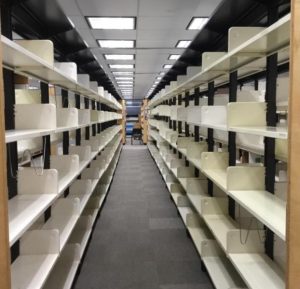
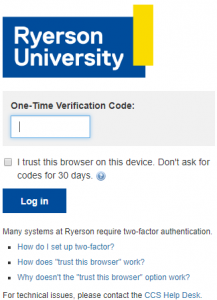

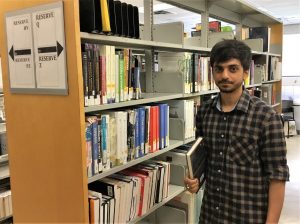
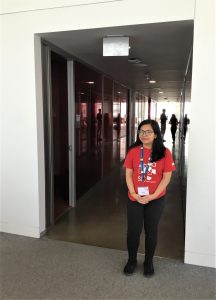
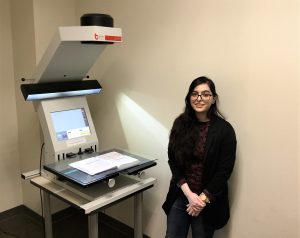
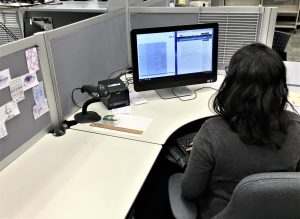

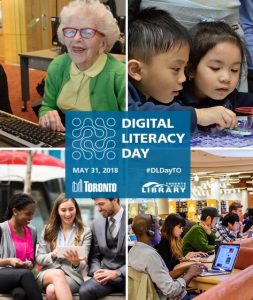 Thursday, May 31st is Toronto’s first
Thursday, May 31st is Toronto’s first 